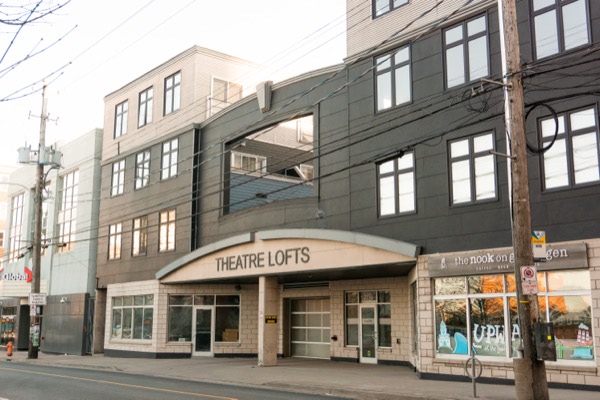You have secured your mortgage approval, but is it what you can truly afford? Here’s what you need to know.

Can you mix student debt with homeownership?
Are you looking for a way to balance student debt with homeownership? Many Canadians have both student debt, and a dream to buy a home. The good news is that it is possible to successfully manage both at the same time! However, as always, there are some major considerations to keep in mind. Let’s address some of the key points associated with buying a home while repaying student debts.
How is student debt different from other debt?
When it comes down to it, student debt isn’t much different from any other form of debt in terms of buying a home. Just like car payments or credit card bills, you will owe a certain amount each month in student debt payments. From a lender’s perspective, your specific type of debt isn’t as important as the dollar amount attached to it. It doesn’t make much difference to your lender if your payments go towards student debt or an auto loan, for example. However, if your student debts are much higher than your other debts, lenders will pay closer attention to ensure you can handle a mortgage on top of your current obligations.
How your credit utilization ratios come into play
Combining student debt with homeownership means you will need to focus on your credit utilization ratios. This ratio determines how much credit you use, and therefore how much available credit you have to support a mortgage. Your student debt will be a large weight on your credit usage, but lenders want to know just how much of an impact it has. To find your credit utilization ratio, you divide your credit balance by your total credit limit. For example, if your credit usage is $1000 on a $4000 credit limit, your ratio is 25 per cent.
Generally, lenders prefer ratios below 30 per cent. This provides assurance that you have the available credit needed for a mortgage. Plus, your ratio is generally more important than the specific numbers that create it. If you have a higher debt level, but also a high credit limit that results in a lower credit utilization ratio, lenders tend to focus more on the ratio than the actual debt levels.
Budgeting for a home with student debt
Since student loans can be long-term commitments, how can you properly budget for mixing student debt with homeownership? These are two significant loans, and you will need to be able to prioritize them both. It’s helpful to think about all the costs associated with homeownership that you will be taking on in addition to your current debts. For example, your down payment, closing costs, utilities, taxes, and mortgage payments are some big financial obligations. In order to budget for these, you will need to look at your income to determine how much you can afford to spend on homeownership once you eliminate the funds needed to cover your current expenses. This can be a hard task, so we recommend getting in touch with a mortgage broker early. This way, we can work out an appropriate budget that is tailored to your situation before you start looking at properties.
Is it better to pay off all your debts before buying?
Now that you know you can buy a home with debt, the question is, should you? This really depends on a few factors and your own situation. Paying off your debts first can result in a larger buying budget, and it also eliminates the stress of trying to balance different debts. However, many forms of debt are long-term, and it’s not realistic to pay them all off before purchasing a home. Plus, if you have the right credit utilization ratio and credit score, and you want to enter the market soon, you may be ready to own a home while balancing other debts. Keep in mind that this decision may result in a smaller buying budget. Your finances and your comfort level will help you determine the best path for you.
Remember, having student debt is not a bad thing! This is a form of “good” debt with a high return on your investment, and many Canadians require student loans to help them receive the education they want. As long as you’re making consistent payments and staying on top of your finances, mixing student debt with homeownership is definitely an option. To make the process easier, be sure to reach out to a broker so you can start off on the right foot.
If you have any questions about your mortgage, get in touch with us at Clinton Wilkins Mortgage Team! You can call us at (902) 482-2770 or contact us here.


